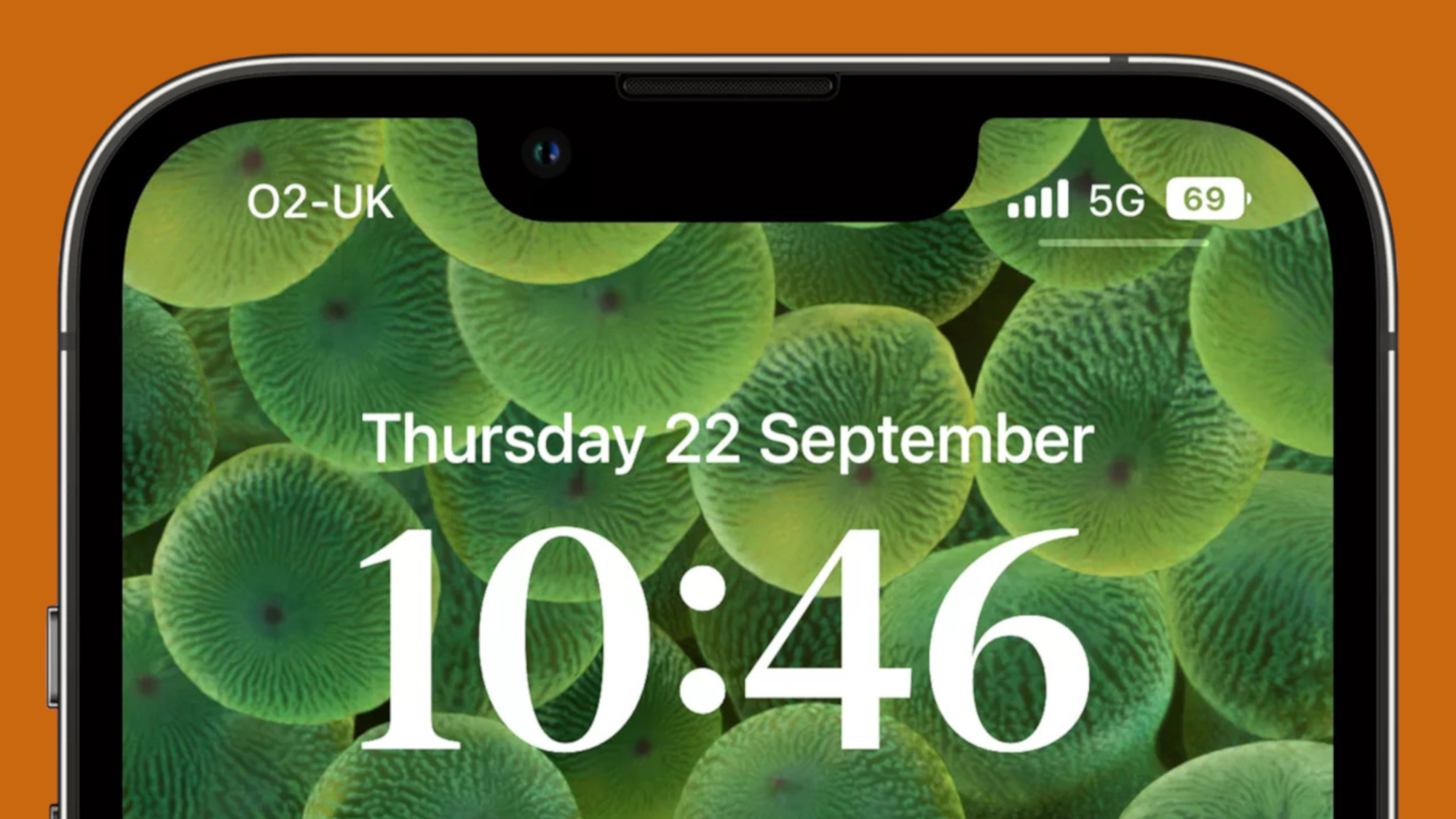A new phenomenon is reportedly causing confiscated iPhones to reboot on their own and send signals to nearby handsets to do the same – and we don’t know yet if it’s a bug or an intentional feature.
According to a report by 404 Media, law enforcement officers in the US have noticed and warned of an issue whereby iPhones reboot by themselves, in turn becoming much harder to unlock without the original user’s input.
The report says that some officers based in Detroit have hypothesized that the rebooting could stem from a new security feature added in iOS 18, though this is purely conjecture.
The iPhones documented appear to reboot a day or so after being disconnected from cellular service, or after a day of inactivity.
The crux of the issue is how iPhones handle security and unlocking, as there are two main states that an iPhone can occupy when it comes to day-to-day security.
The first is known as Before First Unlock (BFU), which offers much less information and requires a passcode to disengage.
The second is After First Unlock (AFU), which displays more information on the lock screen, can be disabled with biometrics like Face ID, and, as this report implies, is easier for law enforcement to break into if necessary.
Rebooting an iPhone returns it to the BFU stage, making it substantially harder to access by force.

What’s more, the report seemingly claims that the rebooted iPhones send wireless signals to nearby handsets that are still in the AFU state to trigger a reboot, though the technical specifics of how this would work aren’t exactly clear yet.
Apple is well-known for its strict approach to user privacy, and has continually refused to allow the FBI to create a backdoor into the iPhone. And as much as this new rebooting phenomenon may hinder law enforcement, it tracks that criminals and thieves would find it harder to unlock stolen phones, too.
However, as Android Authority notes, this report is down to the interpretations of law enforcement officers, and iOS 18 already has a small list of known rebooting glitches. It could be that the reporting officers have simply misunderstood a glitch affecting multiple confiscated iPhone handsets.
Apple has yet to comment on this issue, so be sure to check in with our iPhone coverage for the latest official updates.























+ There are no comments
Add yours